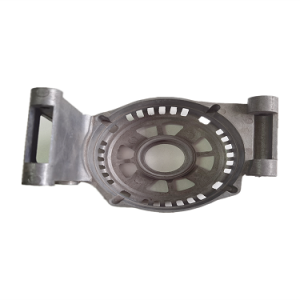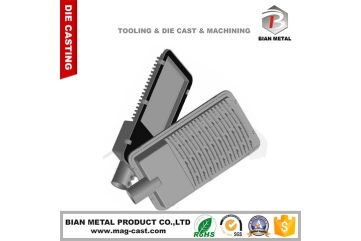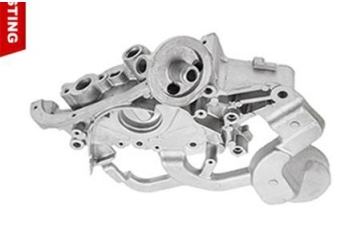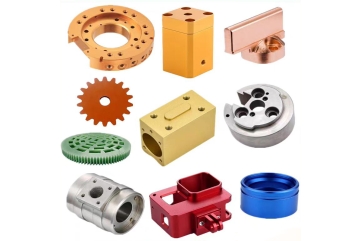Is die casting bad for the environment?
In an era where environmental concerns are at the forefront of global discussions, industries across the board are under scrutiny for their impact on the planet. Die casting, a manufacturing process known for its efficiency and precision, has not escaped this scrutiny. The question often arises: Is die casting bad for the environment?
Die casting involves injecting molten metal into molds to create a wide range of components used in industries such as automotive, aerospace, and electronics. While the process offers undeniable benefits in terms of accuracy and production speed, its environmental implications have raised valid concerns.
Die casting is undeniably energy-intensive. The process requires substantial heat to melt metals, a demand that translates to significant electricity usage. However, advancements in technology have led to more energy-efficient practices. Manufacturers, including those in China, are investing in cutting-edge equipment and process optimization to reduce energy consumption. This demonstrates a proactive approach towards aligning manufacturing efficiency with environmental responsibility.
Waste Generation and Management
The creation and maintenance of molds in die casting can generate waste, particularly in terms of worn-out molds made from materials like steel. However, the industry has responded with innovative solutions. Improved mold design and strategic recycling initiatives have significantly minimized waste production. By prioritizing recyclability and durability, manufacturers are addressing waste-related concerns in a sustainable manner.

Sustainable Practices in Die Casting
China, a dominant player in the global manufacturing landscape, has recognized the importance of adopting sustainable practices in die casting.
Technological Advancements for Green Manufacturing
China die casting manufacturers are at the forefront of technological integration for environmentally conscious production. Automation and data-driven process optimization not only enhance efficiency but also contribute to reduced energy consumption. By embracing smart manufacturing principles, China’s die casting industry is actively contributing to a greener future.
Material Selection and Lifecycle Considerations
The choice of materials in die casting plays a crucial role in its environmental impact. Aluminum, known for its recyclability and lower energy requirements during processing, has gained prominence as a sustainable alternative. Chinese manufacturers are increasingly opting for aluminum, thereby reducing the carbon footprint of die casting operations. This shift showcases a commitment to responsible material usage and highlights the industry’s adaptability to global sustainability trends.




